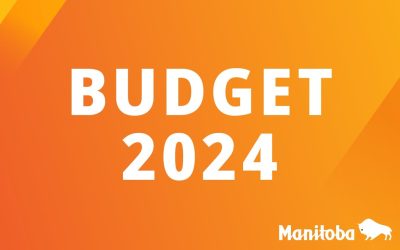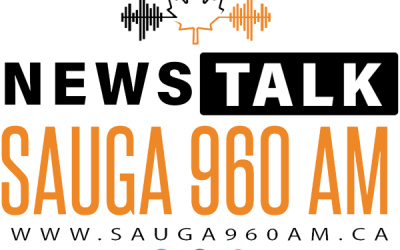In the war on poverty, tax cuts rather than a higher minimum wage give the working poor a hand up, concludes a new report for a Prairie-based think tank.
Lifting Manitobans who are stuck at the bottom of the income ladder can best be done by raising the provincial tax exemption — the base income level a person generates before having to pay taxes, according to a report by accountant and community activist David Pankratz for the Frontier Centre for Public Policy.
The Winnipeg think tank commissioned the report, Which Best Helps the Poor: Minimum Wages, Tax Credits or Tax Exemptions? from Pankratz, best known for his work in war-torn countries on behalf of the Mennonite Central Committee.
He is currently heads up an institute at Canadian Mennonite University.
In the report, Pankratz said minimum wage workers suffer when the wage is raised out of sync with what the market can support. That ends up hurting the people the increases are supposed to help.
Instead of raising the minimum wage, he said Manitoba should increase the amount of income a person can generate before tax starts to be paid.
“Any increase of minimum wage is not as big as it could be because the employee is going to have to pay tax on that extra money. And that’s what doesn’t make sense,” Pankratz said Monday.
“The people calling for minimum wage increases are looking at $10 or $11 (per hour), and an employer having to pay out that much money, many of them are simply going to say, ‘Well, the work I have to offer doesn’t provide me with enough returns in order to be able to pay people that much, so I can’t offer the work.’ People who were struggling on $8 an hour would now find themselves out of a job at all.”
The 37-page report was to be posted online today at one minute after midnight on Frontier‘s website.
Pankratz examines the economic tools governments use to regulate incomes — tax cuts, tax credits and government-set minimum wages — and concludes Manitoba and Saskatchewan would do better by the poor if they dropped low-income earners from tax rolls.
He said Alberta has created favourable tax legislation to help low-income workers, even though the minimum wage there is lower than Manitoba at $7 an hour. Last March, Manitoba raised the province’s minimum wage 40 cents an hour to $8.50.
“If Manitoba and Saskatchewan were to raise their provincial income-tax exemptions to the level used in Alberta, it would represent a minimum wage equivalent to $9.20 an hour,” according to a statement announcing the findings.
The report also says there may be a case for targeting income tax exemptions so they apply solely to lower-income workers.
Wayne Helgason, executive director of the Social Planning Council of Winnipeg, expressed skepticism about the report’s recommendations because he thinks higher income earners stand to benefit the most from tax exemptions the proposal discusses. The council has previously lobbied the province to raise minimum wage levels.
“Raising the exemption, most of the benefit goes to the non-poor. I get that poor people won’t pay tax below that, but also neither will I nor David Asper,” he said, referencing a member of Winnipeg’s wealthy Asper family.
“Unless there’s some kind of adjustment on the higher end … most of the beneficiaries are not the poor.”
Helgason said the council recommends tax credits specifically designed to support low-wage workers.


